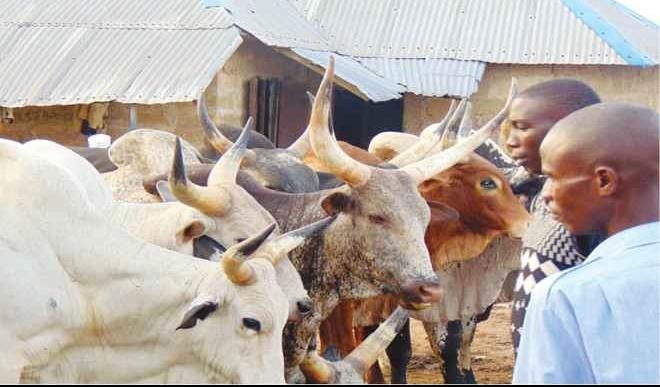Nasarawa in Calabar
It comes as a friendly shock to learn that a part of Calabar is known as Nasarawa, and that over time everyone has grown to accept this name. Nasarawa, which almost every taxi driver in the city knows, is located on the outskirts of Calabar, and is home to persons of northern extraction, many of […]


It comes as a friendly shock to learn that a part of Calabar is known as Nasarawa, and that over time everyone has grown to accept this name. Nasarawa, which almost every taxi driver in the city knows, is located on the outskirts of Calabar, and is home to persons of northern extraction, many of whom are either Hausa or Fulani. But it is a fairly mixed setting too. Sani Baba Gombe is Sarkin Hausa Fulani of the community.
He says Nasarawa came into being in 1993 and that most of its 3,000 inhabitants are into cattle trading. As you move into the area you notice little valleys lying on both sides of it, and then the many tea sellers along one section of the winding road leading to a hill, upon which sits a cattle market. A bustling cattle market on a hill is a rarity and so it also comes as a shock, to use the word again. There are many cows, traders and cow herds, I think, on the hilltop during the evening when I first get there, and from the summit you have a very good view of a large part of Nasarawa itself.
Shuaibu Salihu, Chairman, Cattle dealers Cross Rivers State, who has spent 35 years in the cattle trade, tells me that cows are brought from Borno, Taraba and Yobe states all the way to Nasarawa, but a certain percentage of the cows for Calabar also get to Akwa Ibom, he points out. He adds that five trailer loads of cows arrive the market every Thursday, with each bearing 30 cows. When the trailers arrive, very soon the cows are taken to a nearby bush for grazing. But the chairman says that some of the grazing land has been compromised by the construction of houses, and so they are seeking additional places to graze their cattle. He informs me that a big cow costs between N200,000-N300,000, while the small ones range between N100,000-N150,000. Butchers from the thirteen or so abbatoirs around Calabar,make the trip to Nasarawa to buy cows, or to get bits of useful information from their colleagues.
“Cows need hills,” he tells me trying to justify the choice of location for the market.He adds “They don’t need valleys. They like hilly areas so that breeze will easily get to them. The cows usually stay up here, and the only exception is when they go for grazing.”
